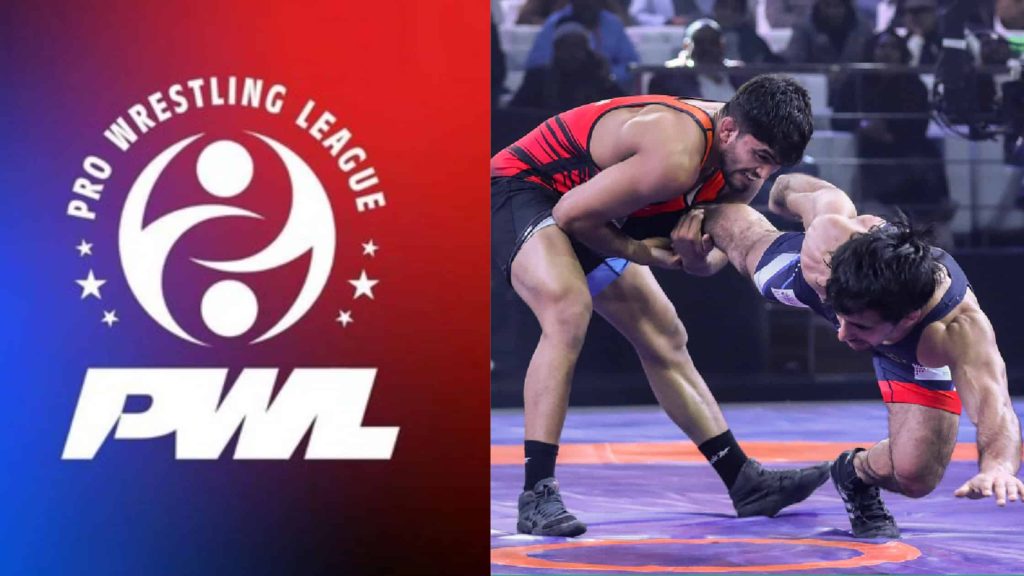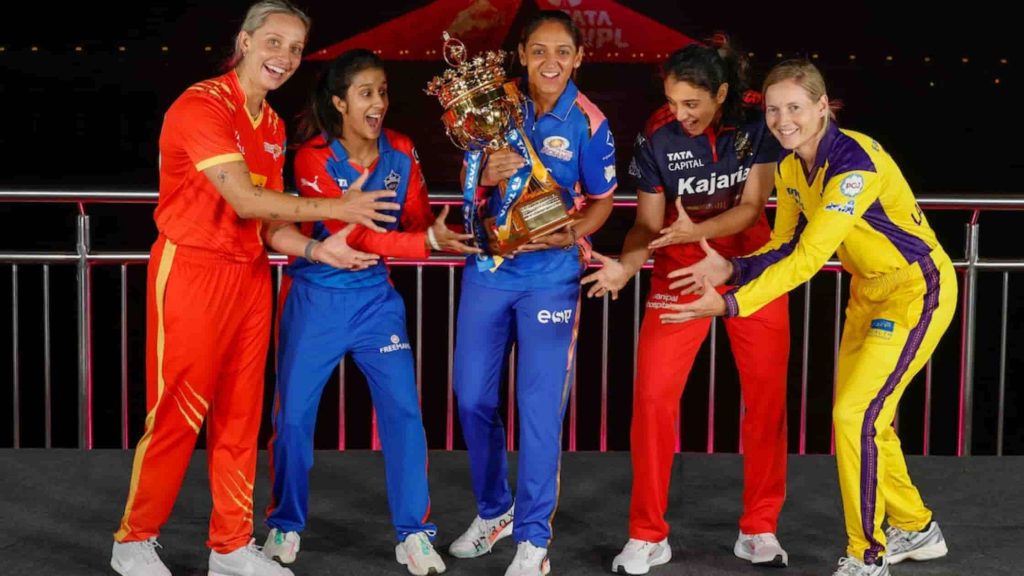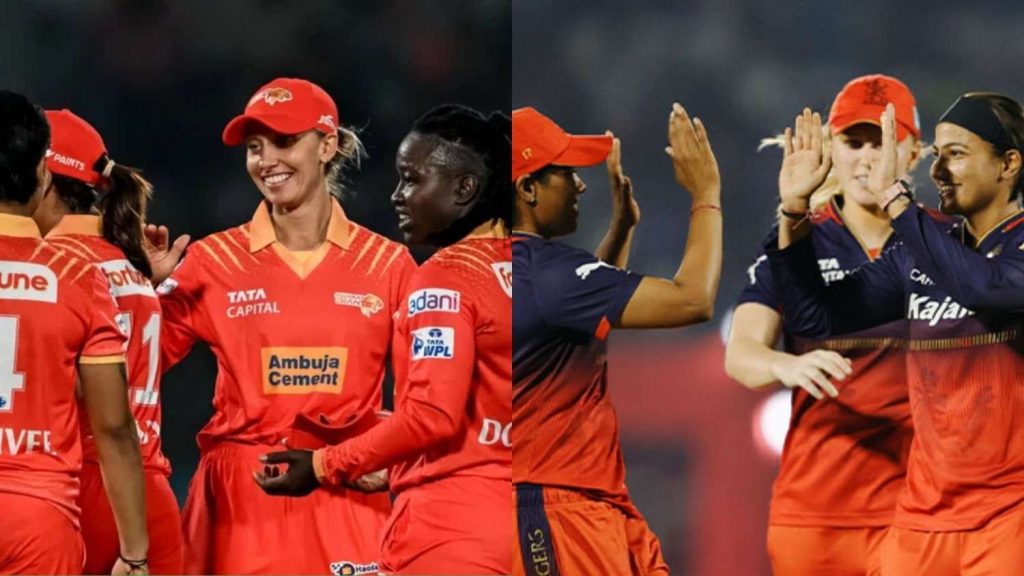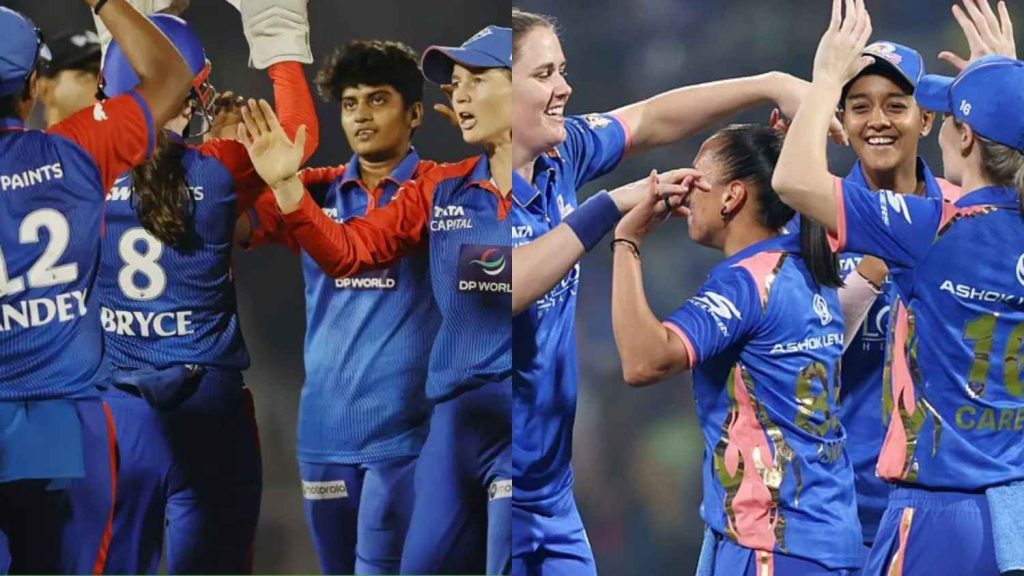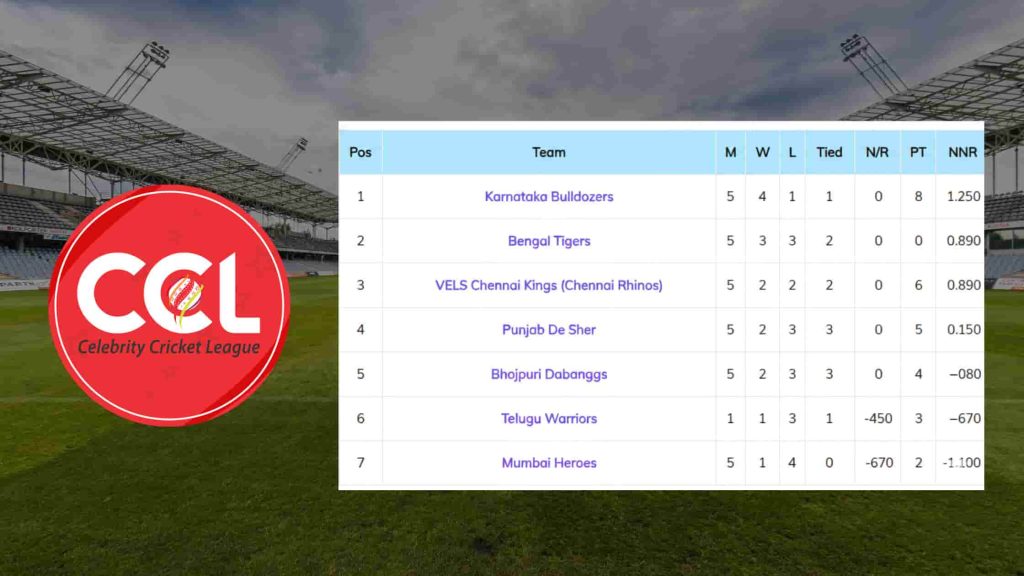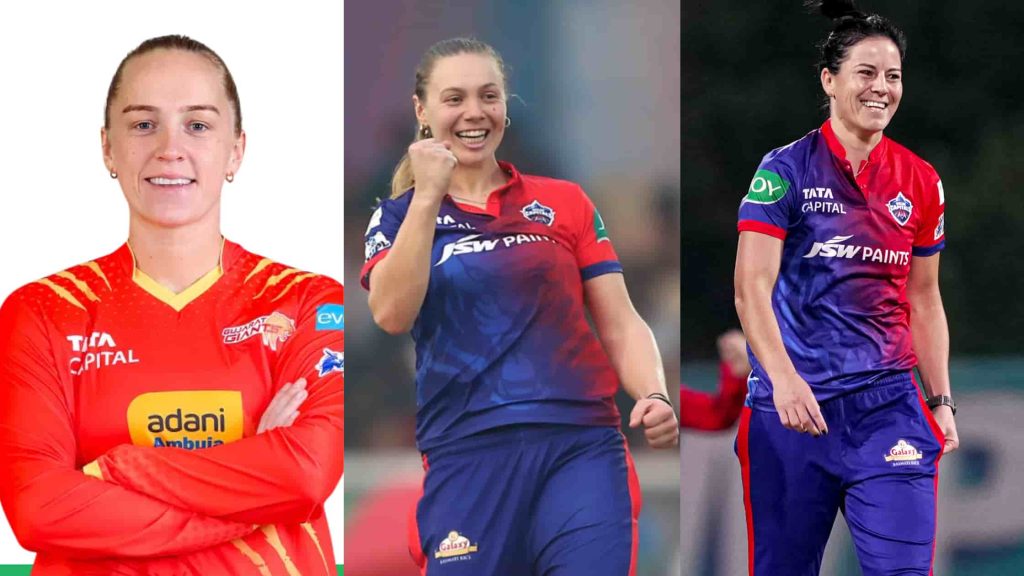Kabaddi isn’t just a popular sport in India; it’s something many grow up playing in schoolyards, open fields, and dusty village corners. It’s fast, physical, & deeply local.
Behind the scenes, the Amateur Kabaddi Federation of India, or AKFI, helps keep this traditional game alive at the root level and is the main kabaddi organization in India for amateur players.
Let’s go through the AKFI’s actual impact in Indian Kabaddi, who is behind AKFI, and what the different rules & regulations for Kabaddi by AKFI & why it still matters today.
What Is the Amateur Kabaddi Federation of India (AKFI)?
The Amateur Kabaddi Federation of India (AKFI) was established in 1972. Since then, it has acted as the national body for organizing & overseeing Amateur Kabaddi throughout the country.
AKFI’s primary role is to regulate, promote, and conduct kabaddi competitions at different levels, ranging from school tournaments to state championships and major national sports events.
Whether it’s a local Kabaddi club match or a junior state-level meet, AKFI plays a central role.

It’s important to know that AKFI is different from commercial leagues like the Pro Kabaddi League. While Pro Kabaddi focuses on professional athletes & entertainment, AKFI works to preserve and grow the sport’s traditional roots.
As the main kabaddi federation in India for amateur players, AKFI helps young talent find structure, recognition, and opportunities to rise through the ranks.
Latest News & Developments in AKFI Governance
In February 2025, the Supreme Court of India directed Justice (Retd.) S.P. Garg to hand over control of the Amateur Kabaddi Federation of India (AKFI) to a governing body elected in December 2023.
Justice Garg had earlier been appointed as administrator to improve transparency within the federation.

This handover aimed to ensure timely preparation for the Indian women’s team ahead of the Senior Asian Kabaddi Championship, held in Iran from February 20 to 25, 2025. The court emphasized the urgency, stating that the team’s selection and conditioning had been delayed.
The ruling bench clarified that the new body’s authority was temporary and “ad hoc,” not yet a formal recognition. A compliance report was requested by March 3.
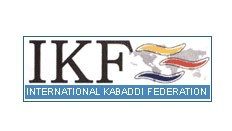
Following this, the International Kabaddi Federation (IKF) expressed support, stating it would allow India to compete if court orders were followed.
By March, IKF president Vinod Kumar Tiwari confirmed the ban on AKFI would be lifted, signaling restored international confidence.
Where Is the Headquarters of AKFI Located?
The official AKFI headquarters is located in Jaipur, Rajasthan, though most daily operations are carried out from an administrative office in New Delhi.
This dual setup helps the Amateur Kabaddi Federation of India manage national-level coordination more efficiently.
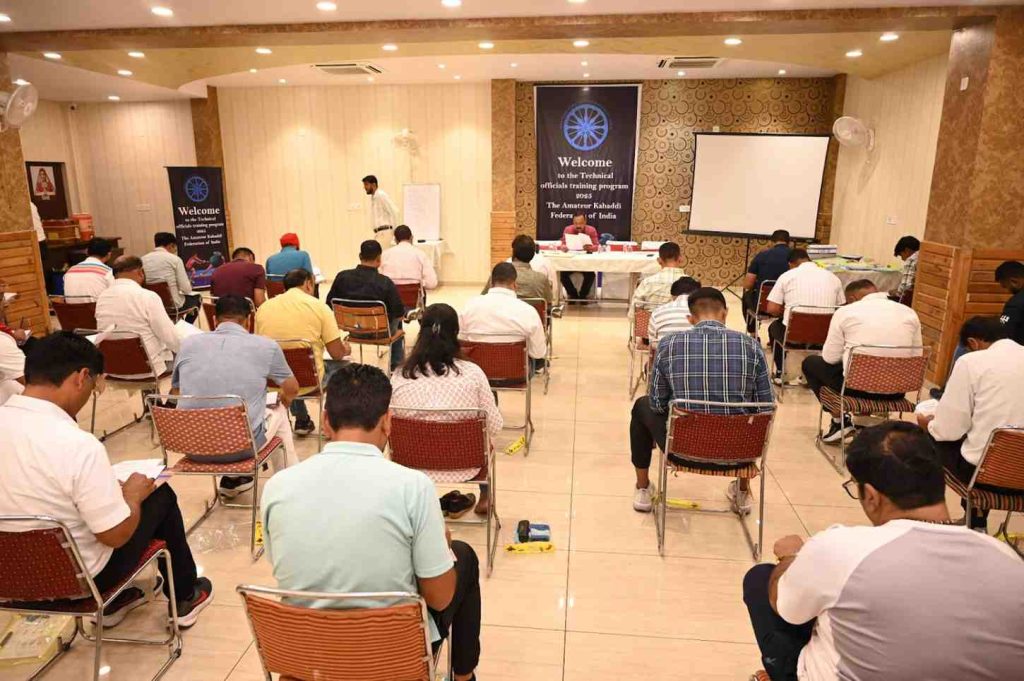
At the headquarters, the kabaddi governing body in India handles tasks like player and team registrations, inter-state correspondence, event planning, and record maintenance.
It’s also where official communication and documentation related to AKFI rules and tournaments are stored and managed.
Who Leads the AKFI? Key Office Bearers & Their Roles
The Amateur Kabaddi Federation of India (AKFI) is currently managed by a team of elected officials who oversee its operations and decision-making.
1. Vibhor Vineet Jain – AKFI President
As the current AKFI president, Mr. Jain is responsible for overall leadership, coordination with national and state units, and representing AKFI in official matters.
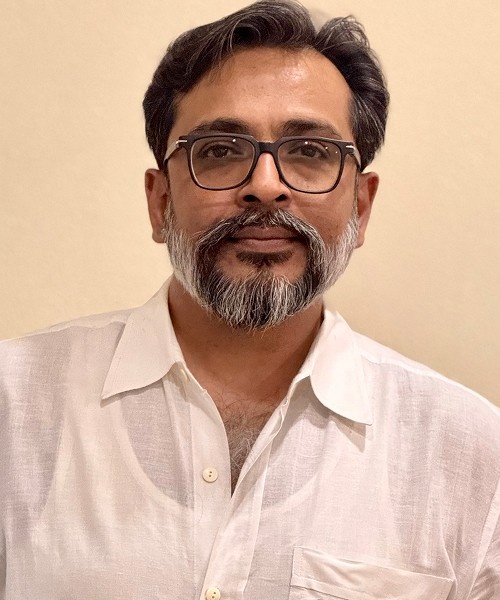
2. Jitendra P. Thakur – General Secretary
Mr. Thakur handles internal communication, scheduling of events, and coordination between state kabaddi associations.
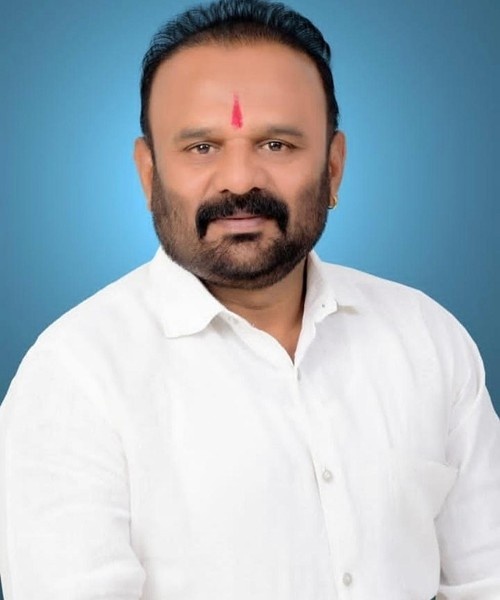
3. Ramakant Singh – Treasurer
Mr. Singh manages the financial affairs of the kabaddi federation in India, ensuring proper budgeting for tournaments and development programs.
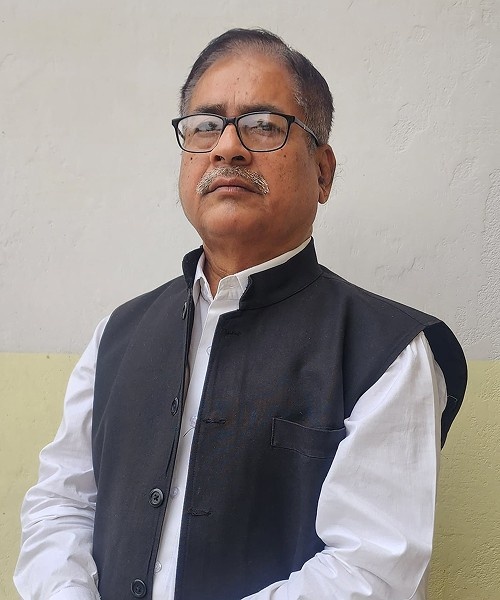
These roles are central to maintaining structure within the kabaddi organization in India, especially at the amateur level.
What Is the Age Limit to Participate in AKFI Events?
To keep the competition fair, the Amateur Kabaddi Federation of India (AKFI) organizes players into age-based groups.
These categories help ensure safety and equal chances during matches.
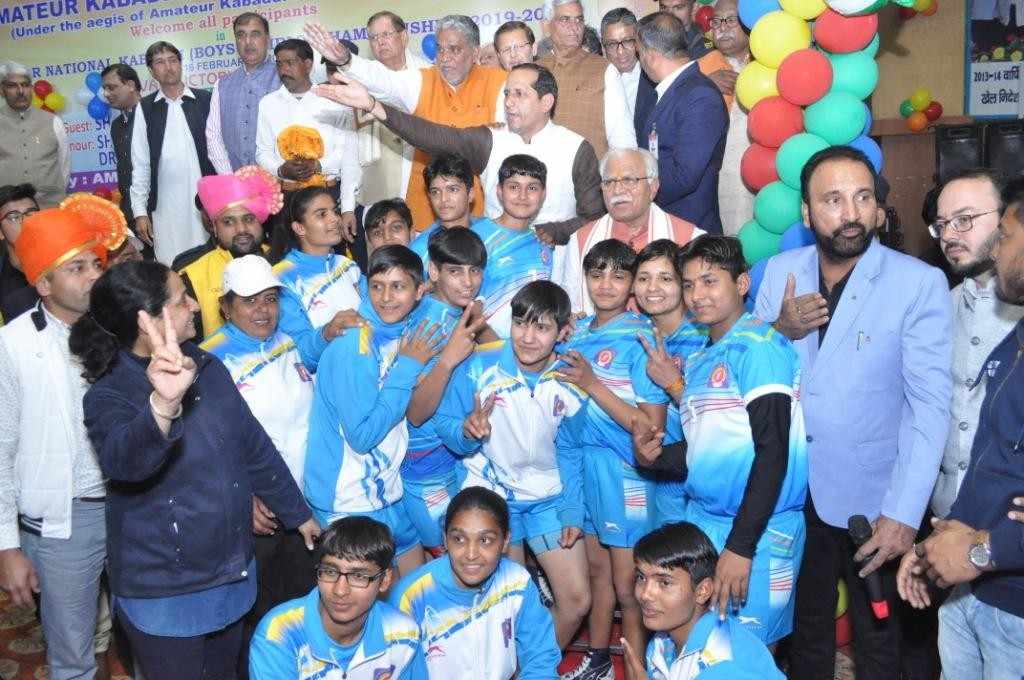
The official AKFI age limits are as follows:
- Sub-junior: Age 16 and below (by end of calendar year); maximum weight 50 kg
- Junior: Age 20 and below; Boys under 65 kg, Girls under 60 kg
- Senior: Age above 20 years; open weight categories apply
To participate, players must show valid age proof, typically a school certificate. This ensures fair play and helps young athletes move up confidently within the kabaddi organization in India.
AKFI’s Rules and Regulations for Kabaddi
The Amateur Kabaddi Federation of India (AKFI) follows a clear set of rules that govern how matches are played across all its official competitions. These rules focus on fairness, structure, and the traditional spirit of the game.
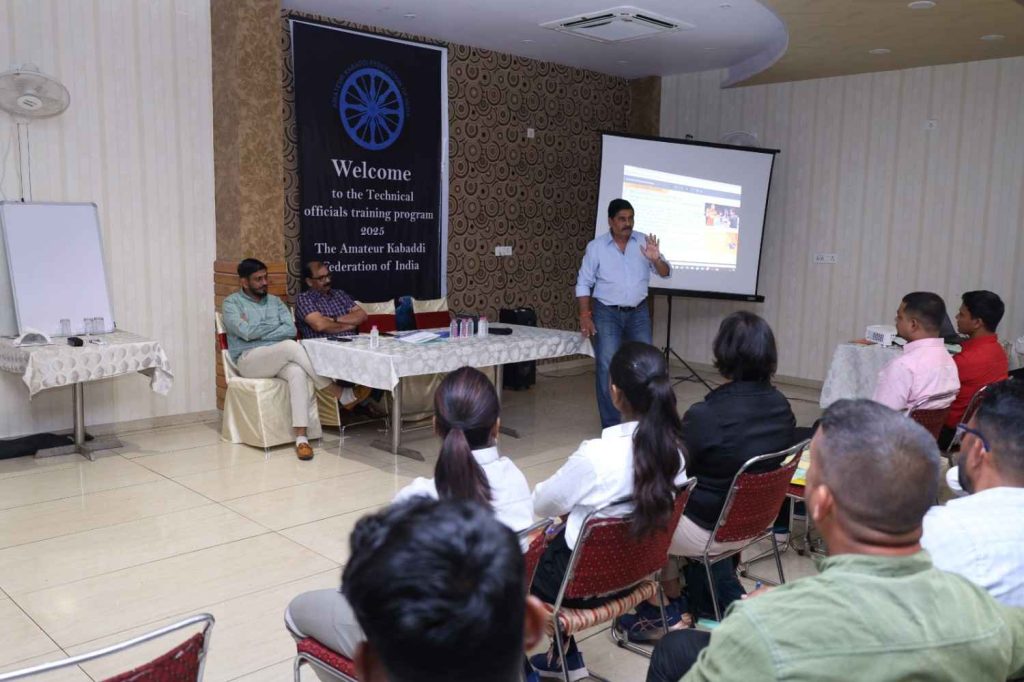
Key AKFI match rules include:
- Team size: 7 players on the court at a time
- Match duration: Two halves, 20 minutes each for men, 15 minutes for women, and juniors
- Court size: 13×10 meters for men; smaller courts for women and sub-juniors
- Scoring: Points are earned by tagging or tackling opponents, plus bonus and technical points
Fouls and conduct violations include illegal holds, stepping out of bounds, using excessive force, or failing to chant “kabaddi” properly during a raid.
These rules differ slightly from Pro Kabaddi, which uses TV-friendly formats and shorter raids. The official kabaddi rules in India, as set by AKFI, are available online as a downloadable PDF.
Why the AKFI Is Important to Kabaddi in India?
The Amateur Kabaddi Federation of India has helped Kabaddi grow in schools, colleges, and small towns. Its tournaments give young players a place to start.
Through state units, the Kabaddi organization in India runs camps and selects players for bigger events. This scouting system finds talent from all over the country.
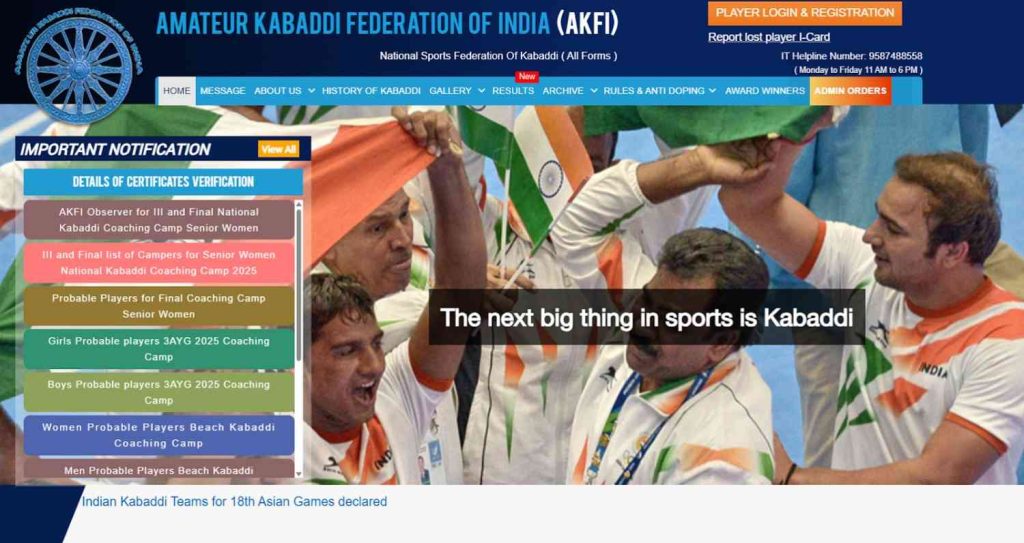
Many athletes in the Asian Games and SAF Games teams come through AKFI events. That link makes AKFI a key part of India’s Kabaddi success.
By keeping the game close to its roots, the Kabaddi federation in India preserves the traditional style. It’s not just about rules, it’s about keeping the sport authentic.
History of the Amateur Kabaddi Federation of India (AKFI)
The Amateur Kabaddi Federation of India (AKFI) was officially formed in 1972, and replaced the earlier All India Kabaddi Federation to create a more unified structure for the sport.
The AKFI was soon recognized by the Indian Olympic Association (IOA) and supported by the Ministry of Youth Affairs and Sports. This backing helped organize national championships across age groups.
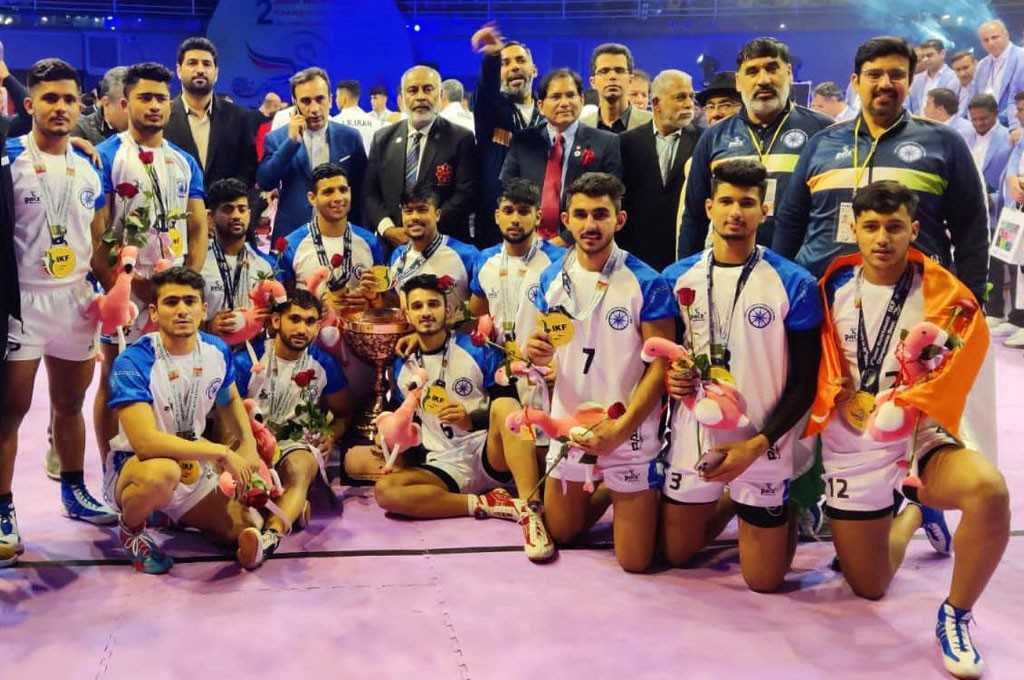
Under AKFI’s banner, India dominated early Asian Kabaddi Championships and won multiple gold medals at the Asian Games.
In recent years, court interventions and administrative changes have challenged the federation. Yet AKFI remains vital in shaping kabaddi’s amateur structure in India.
Related Reads:
Conclusion: Amateur Kabaddi Federation of India (AKFI) Is The Launchpad For India’s Future Kabaddi Stars!
The Amateur Kabaddi Federation of India has been central to the sport’s organized growth across the country. From school-level matches to national championships, its presence is felt throughout.
Even today, AKFI plays a key role in setting rules, training referees, and managing grassroots kabaddi events. It ensures that the sport stays accessible and fair.
For any aspiring kabaddi player in India, connecting with AKFI rules or tournaments is almost a given on their journey.
FAQs
AKFI oversees amateur kabaddi in India by organizing competitions, setting rules, and managing player development through state and national events.
AKFI runs non-commercial tournaments, while Pro Kabaddi is a professional league focused on entertainment and sponsorship-driven matches.
The official headquarters is in Jaipur, Rajasthan, with active operations managed from New Delhi.
Players compete in three categories, which are Sub-junior (under 16), Junior (under 20), and Senior (20 and above), with weight guidelines in youth levels.
As of 2026, Vibhor Vineet Jain serves as the president of the Amateur Kabaddi Federation of India.
Most AKFI tournaments are for Indian players, but certain invitational events may include participants from other countries.
AKFI rules are similar to international standards but keep some traditional elements, making them slightly different from Pro Kabaddi formats.
Selections happen through state-level trials and national camps, where performance in official AKFI tournaments is a key factor.

